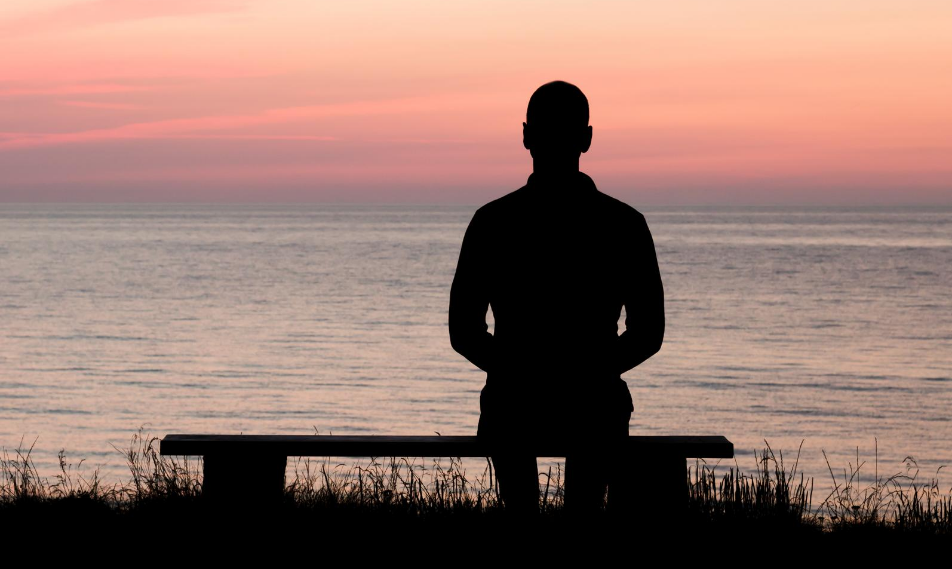What is Loneliness and How Does it Affect Someone?

Even before the surge in the COVID-19 pandemic here and around the world, feelings of social isolation and loneliness have been rife throughout Australia. In fact, loneliness is unfortunately quite common in our community, with one in four Australians feeling lonely regularly. But how do we define loneliness? And how does it affect someone?
What is Loneliness?
Research surrounding the health impacts of loneliness has been in existence for some time, with findings revealing that feeling lonely is linked to risk of an earlier death, depression, dementia and poor self-rated health.
Despite this, it is interesting to note that according to latest guidance by the CampaignToEndLoneliness.org, there is actually no agreed definition of loneliness amongst researchers. Some define it as the separation between the number of quality relationships and connections that we have, against those we would like to have. Other researchers see loneliness as two-dimensional, social and emotional.
Social loneliness is an experience where a person is missing their wider social network, whereas emotional loneliness is described as someone who is missing an intimate relationship. While the precise definitions of loneliness differ, it is commonly agreed that loneliness is an unwelcome, painful and unpleasant feeling. It is also universally agreed that further measuring and studying is required to help society understand more about what works to help prevent or alleviate loneliness.
How Does Loneliness Affect Someone’s Physical Health?
Loneliness is a common emotion felt around the globe, and it is highly likely that, at some point in our lives and regardless of our age, we will unfortunately experience it. A number of studies measuring the levels of loneliness in Great Britain show that 5 to 16 per cent of people aged 65 or over report feeling lonely all or most of the time, while up to a further 30 per cent report feeling lonely “sometimes”.
UCLA research examined by recent guidance from the Campaign to End Loneliness has found a number of alarming health impacts to individuals who are experiencing loneliness. Loneliness is a serious health consideration, with recent studies revealing that social disconnection is directly associated with a 50% increased likelihood of premature death – aligning it comparatively to other high-risk factors on health such as smoking 15 cigarettes per day, obesity, and air pollution. Loneliness has also been found to contribute to health problems including psychological stress, higher blood pressure, sleep problems, depression and cognitive decline.
People who experience chronic loneliness have an increased risk of developing dementia by 64 per cent. It is also true that loneliness affects mortality, with almost 150 studies all confirming that participants with stronger social relationships and ties had 50 per cent decreased risk of mortality.
Passionate about improving the happiness and well-being of our Members, Home Care Heroes is on a mission to end social isolation and loneliness, through the power of human connections and inclusive communities. If you or someone you know live in New South Wales and are feeling lonely or would like some companionship, Home Care Heroes can help. An NDIS-approved provider, Home Care Heroes has a $40 per hour flat rate (including weekends and public holidays) and plenty of carefully vetted Heroes with a range of skills located throughout Sydney, Wollongong, the Illawarra, the Central Coast, Newcastle and wider NSW.
Sign up now to choose a local hero whose interests are the same as your own, and see for yourself why we have over 70 five-star reviews on Google reviews.
Reference:
https://www.campaigntoendloneliness.org/wp-content/uploads/Loneliness-Measurement-Guidance1.pdf